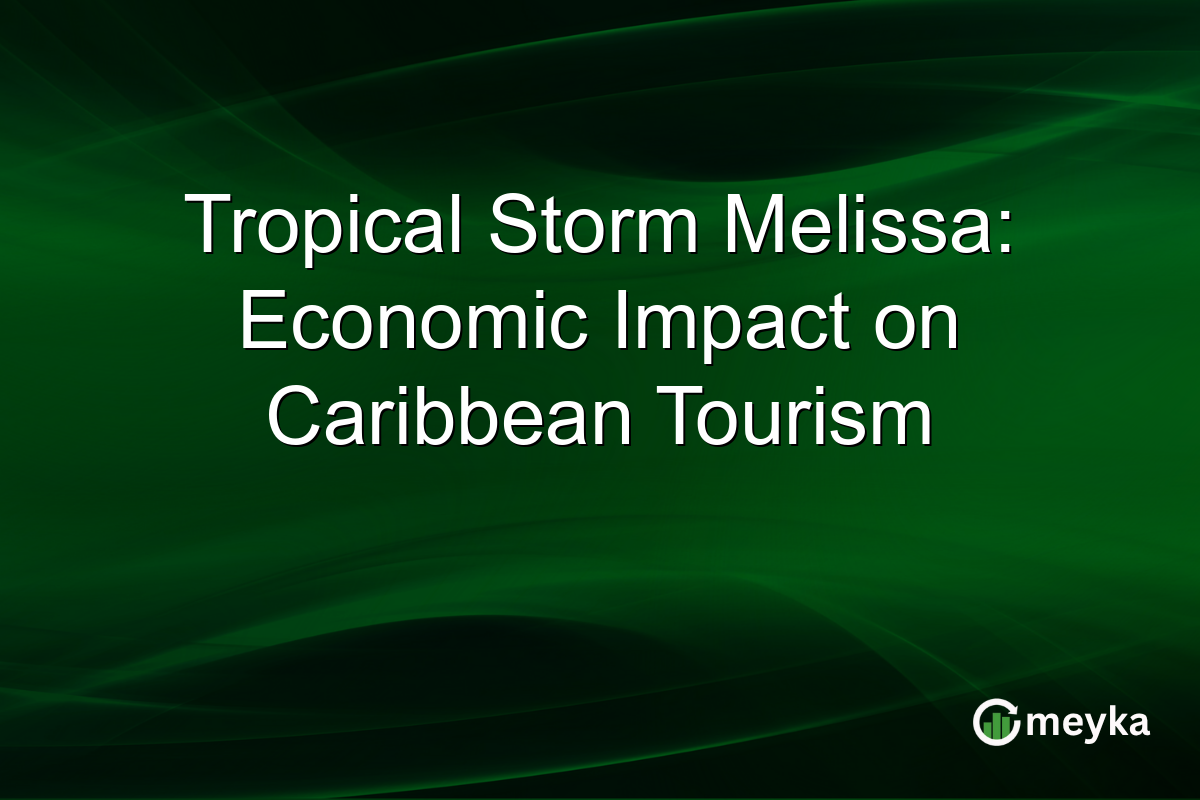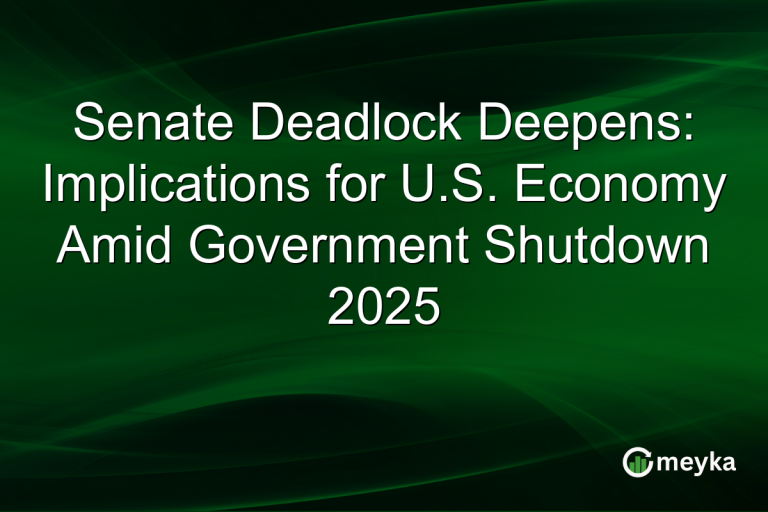Tropical Storm Melissa: Economic Impact on Caribbean Tourism
Tropical Storm Melissa is gaining momentum in the Caribbean and may escalate to a Category 4 hurricane. This development poses a serious threat to Caribbean tourism, a critical economic engine for the region. Jamaica, Haiti, and the Dominican Republic stand to see significant disruptions. Tourism is a vital industry, accounting for nearly 40% of GDP in some island nations. Understanding Melissa’s potential impact is crucial for anticipating economic shifts in the region.
Projected Path and Immediate Concerns
Tropical Storm Melissa has the potential to intensify, posing severe threats to the Caribbean islands. As of today, the storm is moving northwest, and forecasters expect it to strengthen into a Category 4 hurricane. The immediate concern for local governments and businesses is preparing for evacuation and minimizing damage. Disruptions in transport and infrastructure could have immediate impacts on the tourism industry, which is crucial as high season approaches. See current updates at: Weather Channel. These conditions could deter tourists, impacting airline schedules and accommodations.
Economic Impact on Key Destinations
Caribbean tourism largely fuels the islands’ economies, with Jamaica, Haiti, and the Dominican Republic at the forefront. In Jamaica, the tourism sector accounts for around 34% of total employment. Tropical Storm Melissa could result in significant economic losses due to trip cancellations and prolonged recovery efforts. For Haiti, this storm could mean setbacks in its poverty reduction efforts, exacerbating existing challenges. Meanwhile, the Dominican Republic might see a decline in its export of services, particularly tourism-related. Historically, similar storms have led to drops in GDP growth ranging from 1% to 2%, depending on the severity and recovery time.
Tourism Recovery Strategies
For Caribbean tourism to recover quickly from Tropical Storm Melissa’s impact, strategic efforts must be prioritized. Governments and tourism boards are considering how to incentivize travel post-storm. Initiatives might include reduced airfare or accommodation discounts aimed at drawing visitors back. Additionally, investing in resilient infrastructure is crucial. As climate-related events become more frequent, long-term planning is needed. Cooperation among Caribbean nations will be useful for creating comprehensive disaster response strategies that boost recovery efforts and ensure future tourism security. Discussions on strategies are already trending on social media platforms like X, where stakeholders share recovery ideas (Source).
Final Thoughts
Tropical Storm Melissa highlights the vulnerability of Caribbean tourism to severe weather events. As we anticipate its escalation to a Category 4 hurricane, the economic implications are clear. Key destinations like Jamaica, Haiti, and the Dominican Republic must brace for potential downturns. However, this situation also paves the way for improved disaster readiness. Economies can innovate through partnerships and technological investments, ensuring that beyond recovery, future tourism becomes more resilient. As America’s investors seek insights, platforms such as Meyka offer real-time analysis and projections, helping track and navigate such economic disruptions.
FAQs
Tropical Storm Melissa is threatening destinations like Jamaica, Haiti, and the Dominican Republic. The storm could cause travel disruptions and damage to infrastructure, leading to decreased tourist visits and economic losses.
Hurricanes can lead to reduced GDP growth, destroy infrastructure, and result in long-term recovery efforts. Tourism-dependent economies face job losses and decreased foreign exchange earnings.
Recovery strategies include offering travel incentives, investing in resilient infrastructure, and developing comprehensive disaster response plans to boost future tourism security.
Disclaimer:
This is for information only, not financial advice. Always do your research.






